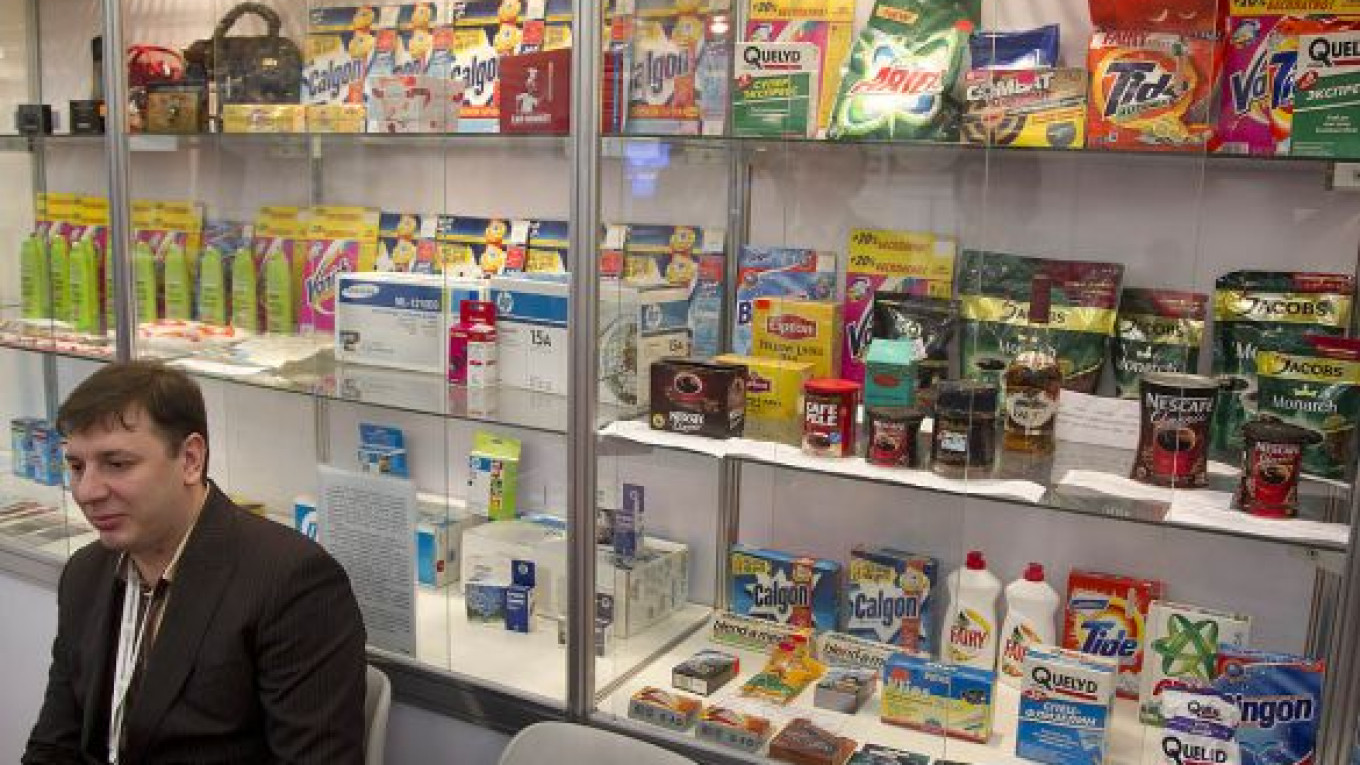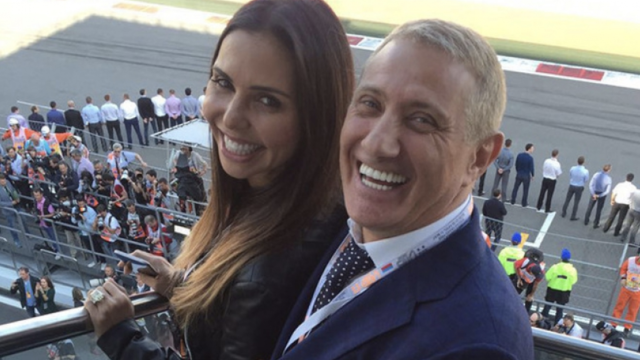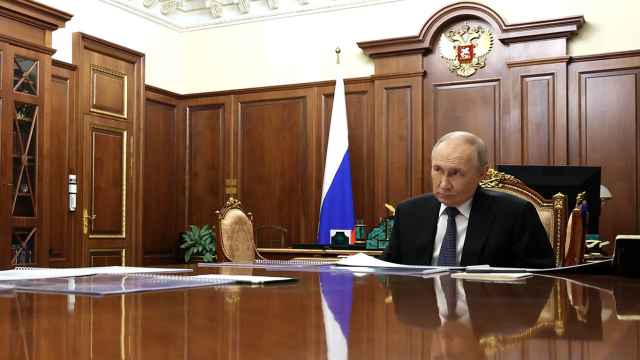KRASNOGORSK, Moscow Region — With counterfeits making up perhaps as much as a quarter of manufactured goods sold in Russia, Prime Minister Dmitry Medvedev called Monday for the market to become "more civilized" and urged officials, retailers and consumers to uphold copyright laws.
But he declined to back the idea of an oversight body for the government's anti-counterfeit efforts and predicted that the customs union with Kazakhstan and Belarus would create additional problems with fake goods.
Speaking at an anti-counterfeit conference at the Crocus Expo Center to the west of Moscow, the prime minister said Russia — a hotbed of counterfeit electronics, pirated software and illicit vodka — needs to find a balance between promoting innovation through the free exchange of ideas and protecting brands and artistic works.
"The government and civil society must uphold the protection of intellectual property rights on the one hand while stimulating competition and eliminating unreasonable barriers in the market on the other," Medvedev said.
More than 900 billion rubles ($29 billion) of fake goods are distributed on the Russian market each year, said Alexei Popovichev, executive director of branded-goods manufacturers association RusBrand. Research commissioned by RusBrand and conducted by Moscow's Higher School of Economics has found that about 24 percent of the retail revenue of consumer goods here comes from counterfeits, with vodka, clothing and shoes being the categories with the most fakes.
The HSE report commissioned by RusBrand, carried out every few years since 2000, has shown a decline in faked goods, and the Federal Customs Service has been actively fighting brand violations, Popovichev said on the sidelines of the conference. But the challenges of cleaning up the market remain huge.
Sharing the stage with Medvedev were Interior Minister Vladimir Kolokoltsev and a number of intellectual property rights specialists, including Frances Moore, the chief executive officer of the International Federation of the Phonographic Industry, a recording industry lobbyist.
She told Medvedev that one of the biggest Russian market barriers for her group's members is piracy.
Asked by another panelist if the government is considering forming an oversight body to direct the various agencies involved in the state's anti-piracy and anti-counterfeit fight, Medvedev said he wasn't a supporter of the idea.
"The battle against piracy isn't just legal. It is also related to economics and manufacturing processes," he said.
Popovichev believes, however, that "coordination of law enforcement protection would help very much."
During the conference, Medvedev also said the anti-counterfeit battle will be addressed by changes to the Civil Code, though he didn't give specifics.
In her speech to the hundreds of mostly Russian guests at the forum, Moore singled out VKontakte, the most popular social network in the Russian-speaking Internet, as a violator of music copyrights.
"The most significant unlicensed player in Russia today is Vkontakte," she said, arguing that the network allows and even encourages illegal sharing of music.
She called for Russian laws that mandate web content and service providers to address copyright infringement. VKontakte didn't immediately return an e-mailed request for comment.
Related articles:
A Message from The Moscow Times:
Dear readers,
We are facing unprecedented challenges. Russia's Prosecutor General's Office has designated The Moscow Times as an "undesirable" organization, criminalizing our work and putting our staff at risk of prosecution. This follows our earlier unjust labeling as a "foreign agent."
These actions are direct attempts to silence independent journalism in Russia. The authorities claim our work "discredits the decisions of the Russian leadership." We see things differently: we strive to provide accurate, unbiased reporting on Russia.
We, the journalists of The Moscow Times, refuse to be silenced. But to continue our work, we need your help.
Your support, no matter how small, makes a world of difference. If you can, please support us monthly starting from just $2. It's quick to set up, and every contribution makes a significant impact.
By supporting The Moscow Times, you're defending open, independent journalism in the face of repression. Thank you for standing with us.
Remind me later.






